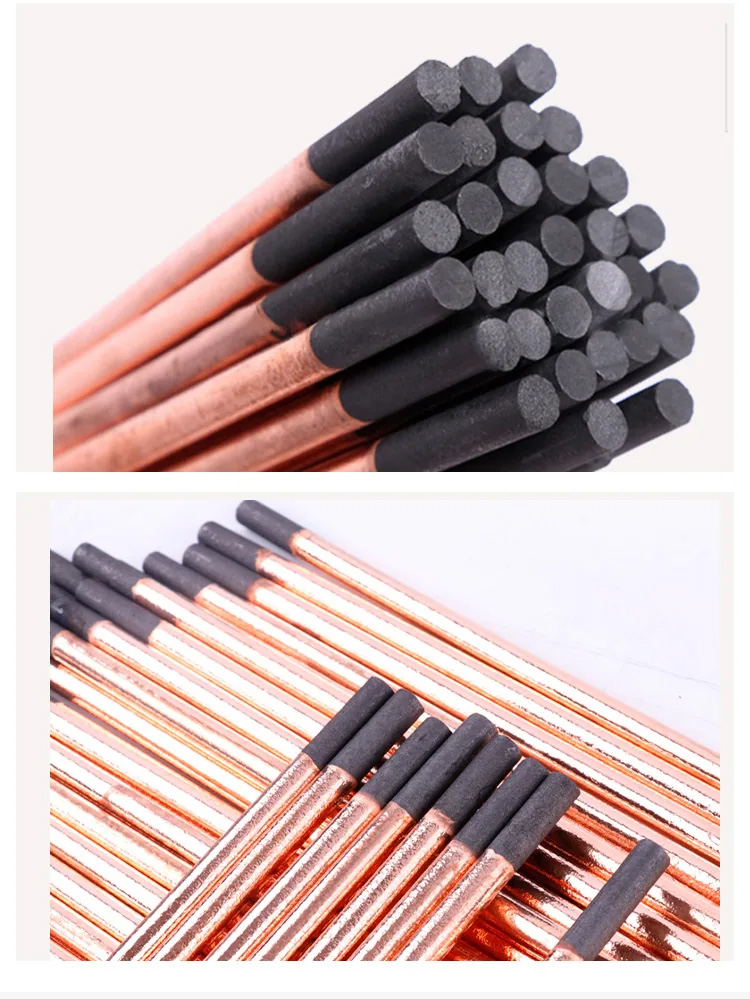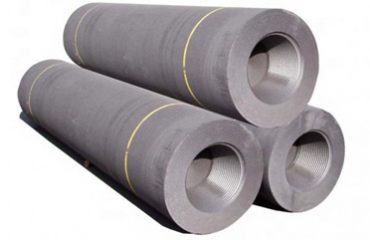
Carbon rods have a variety of advantages that make them a popular choice for a range of applications. Some of the key benefits of using carbon rods include:
High strength-to-weight ratio: Carbon rods are incredibly strong and stiff for their low weight, making them an ideal material for applications where high strength and stiffness are required without adding excess weight.
Rigidity and stability: Carbon rods have excellent rigidity, meaning they maintain their shape and resist bending or flexing under load. This makes them ideal for applications where stability and precise positioning are crucial.
Corrosion resistance: Carbon rods are highly resistant to corrosion, making them a durable choice for outdoor or harsh environment applications where exposure to moisture, chemicals, or other corrosive elements is a concern.
Electrical conductivity: Carbon rods are conductive, which makes them suitable for use in applications that require electrical conductivity, such as in electrical wiring, grounding rods, or as components in electronic devices.
Thermal conductivity: Carbon rods also have good thermal conductivity, making them useful for applications that require heat dissipation or thermal management, such as in heat sinks or electronic cooling systems.
Low coefficient of thermal expansion: Carbon rods have a low coefficient of thermal expansion, meaning they expand and contract minimally with changes in temperature. This makes them suitable for applications that require dimensional stability over a range of temperatures.
Machinability and versatility: Carbon rods are easy to machine and can be easily shaped, cut, drilled, and machined to meet specific design requirements. This makes them a versatile material for a wide variety of applications.

